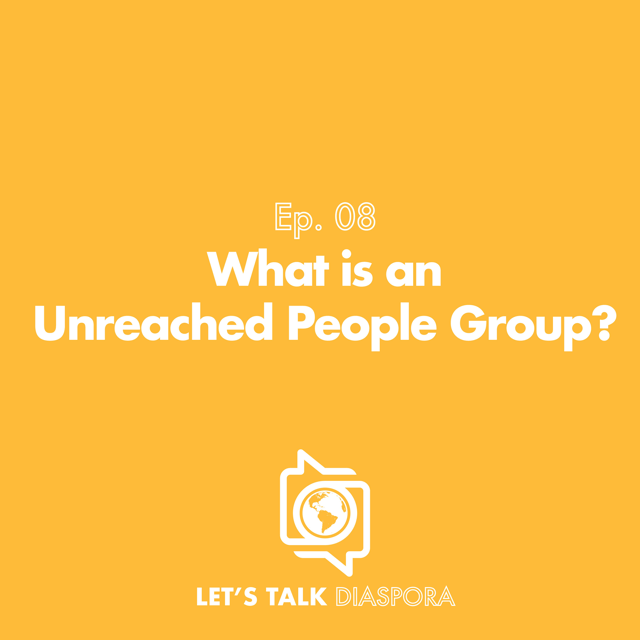

The topic of an unreached people group (UPG) has become a central talking point in mission circles in the last few decades. The term has been a healthy contribution to defining the task and tracking the progress of the Great Commission. For many, there still needs to be more clarity about its definition, its purpose, and our responsibility.
People groups are ethnolinguistic groups that share a common language and cultural identity. For strategic purposes, a people group is the largest group within which the gospel can spread without encountering barriers of understanding or acceptance. Individual groups decide how they identify. A people group sees those as part of the people group as “we” or “us” and those on the outside as “they” or “them.” It’s not the outsider that decides the grouping. The group defines itself, but the outsider can observer how they identify and label them as a unique people group.
An unreached people group (UPG) is a people group among which there is no indigenous community of believing Christians with adequate numbers and resources to evangelize this people group without outside assistance. Various percentages have been attached to this idea in the past forty years. The majority consensus has been an unreached people group is less than two percent evangelical and less than five percent Christian adherent. There are an estimated 7,000 UPGs in the world, representing over 42% of the world’s population.
The thought around UPGs serves the church and the mission of God. Nearly fifty years ago, almost every geopolitical nation had a church. Yet, if one looked at the world in terms of people groups rather than modern nations, “some 2.3 Billion people and their succeeding generations would remain unevangelized if the extremely difficult task of cross-cultural evangelism did not become the church’s highest priority.”
People group thought helps the church identify and clarify who the gospel has not touched or where there are not enough believers and resources for the people group to evangelize their own without outside assistance. When there is clarity on need, it helps bring focus to prayer, engagement, and resource allocation.
Learn More
Defining Unreached People Groups - UPG North America
Missions Definitions - Joshua Project
Defining Unreached: A Short History - Dave Datema

The topic of an unreached people group (UPG) has become a central talking point in mission circles in the last few decades. The term has been a healthy contribution to defining the task and tracking the progress of the Great Commission. For many, there still needs to be more clarity about its definition, its purpose, and our responsibility.
People groups are ethnolinguistic groups that share a common language and cultural identity. For strategic purposes, a people group is the largest group within which the gospel can spread without encountering barriers of understanding or acceptance. Individual groups decide how they identify. A people group sees those as part of the people group as “we” or “us” and those on the outside as “they” or “them.” It’s not the outsider that decides the grouping. The group defines itself, but the outsider can observer how they identify and label them as a unique people group.
An unreached people group (UPG) is a people group among which there is no indigenous community of believing Christians with adequate numbers and resources to evangelize this people group without outside assistance. Various percentages have been attached to this idea in the past forty years. The majority consensus has been an unreached people group is less than two percent evangelical and less than five percent Christian adherent. There are an estimated 7,000 UPGs in the world, representing over 42% of the world’s population.
The thought around UPGs serves the church and the mission of God. Nearly fifty years ago, almost every geopolitical nation had a church. Yet, if one looked at the world in terms of people groups rather than modern nations, “some 2.3 Billion people and their succeeding generations would remain unevangelized if the extremely difficult task of cross-cultural evangelism did not become the church’s highest priority.”
People group thought helps the church identify and clarify who the gospel has not touched or where there are not enough believers and resources for the people group to evangelize their own without outside assistance. When there is clarity on need, it helps bring focus to prayer, engagement, and resource allocation.
Learn More
Defining Unreached People Groups - UPG North America
Missions Definitions - Joshua Project
Defining Unreached: A Short History - Dave Datema




















